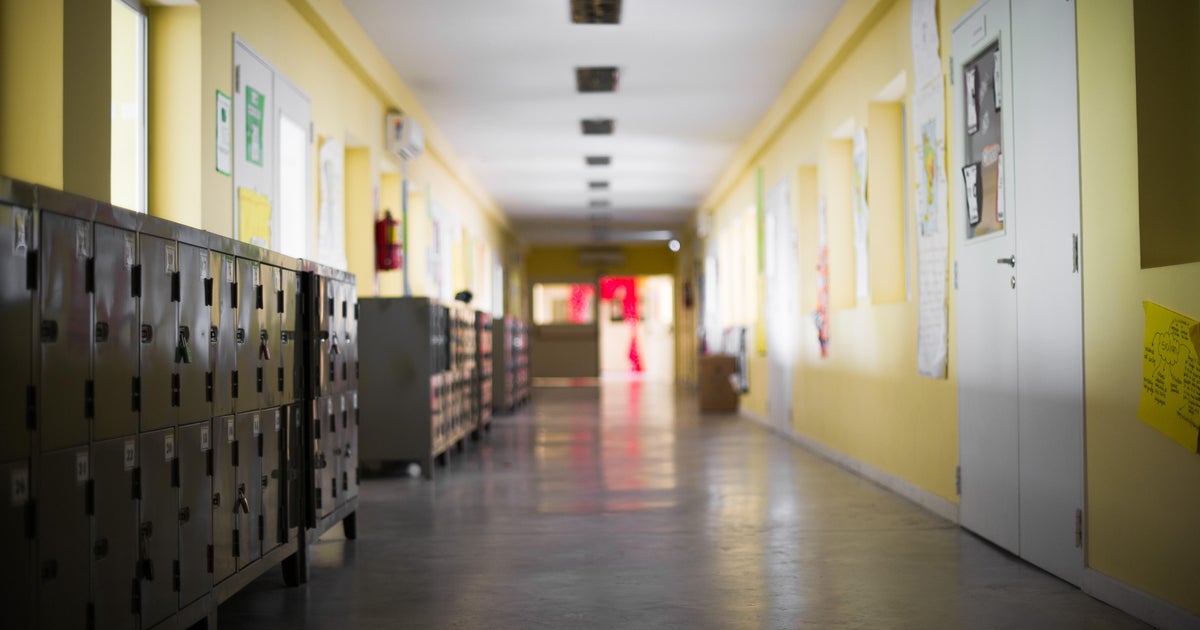Kids left with lingering mental health issues after pandemic: study
PHILADELPHIA (CBS) -- The pandemic is officially over but it's left lingering mental health issues, especially for children, according to research on kids and anxiety.
The pandemic was disruptive to students who were suddenly out of school and learning from home. Now, despite being back in the classroom, a new study said they're still feeling unsettled.
Like many kids across the country, 12-year-old Maeve Bradley had to stay home during the pandemic. However, when she returned to the classroom, she said her mind fwas illed with worries.
"Cause like, we were doing a lot of stuff on our computer, and now it's like back with different kind of tests and stuff," the 6th grader said.
For a while, Bradley took a break from team sports, but through it all, her mom was ready to listen.
"I just wanted to make sure she knew she could come and talk, and no matter what, we would be there for her," said Bradley's mom, Maura.
A survey from Nemours Kids-Health found that 37% of kids ages 9 to 13 worry at least once a week. Most often they worry about school or friendships.
It also found that 53% don't think adults understand their concerns.
"More important than the content of the worry is the frequency and the magnitude of the worry," Dr. Lawrence Moss, the president and CEO at Nemours Children's Health, said.
Doctors said, for some kids, worries can lead to depression and mental health problems that extend into adulthood.
"Of serious mental illness in the adult population, 75% started before age 14. So, if we don't jump on top of this problem, we're literally at risk of losing a whole generation of Americans," Dr. Moss said.
Doctors also said parents should be proactive by simply asking kids what's on their mind.
Bradley is better now and is back to playing sports.
"I know some kids are like really struggling and I just want them to know there's people going through the same thing," she said.
According to the survey, 75% of younger children said they turn to their parents first for information or advice. That number drops to nearly 50% for older children.







